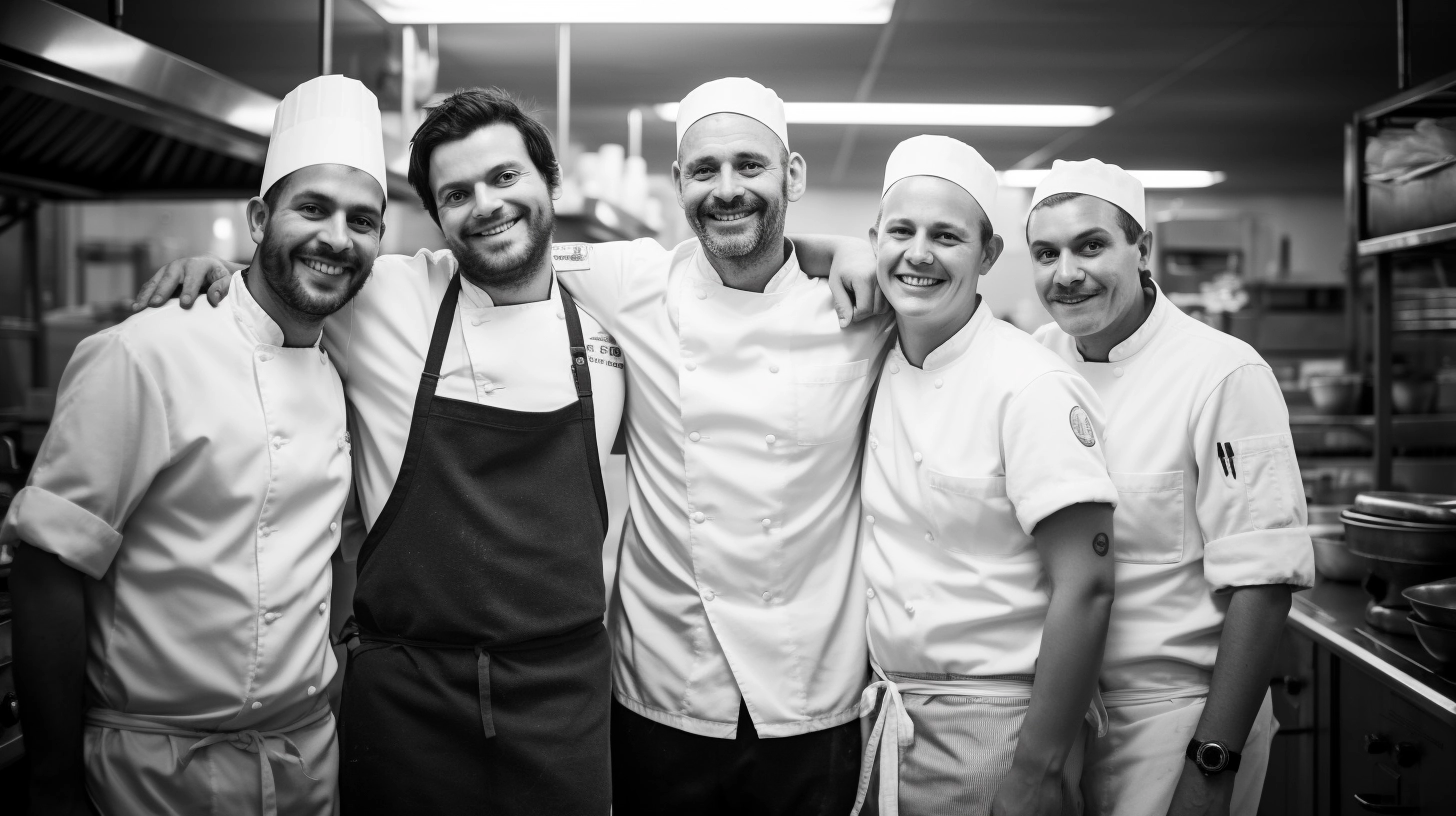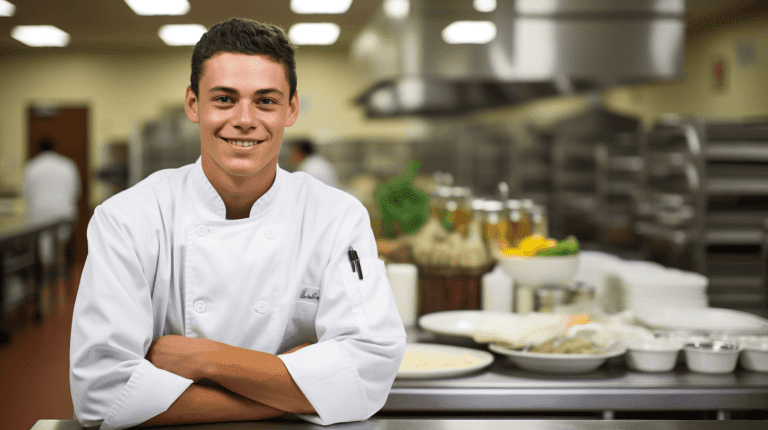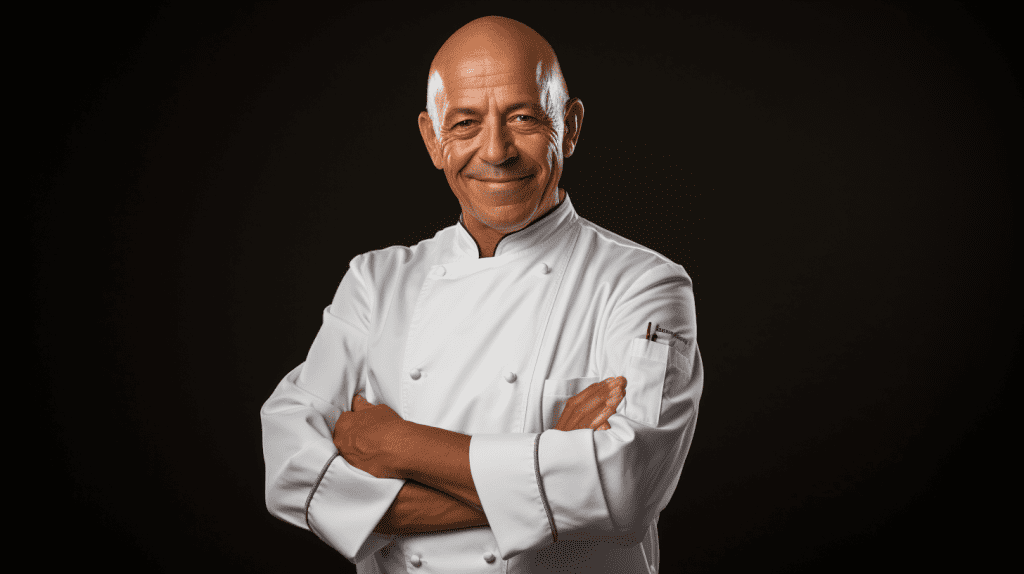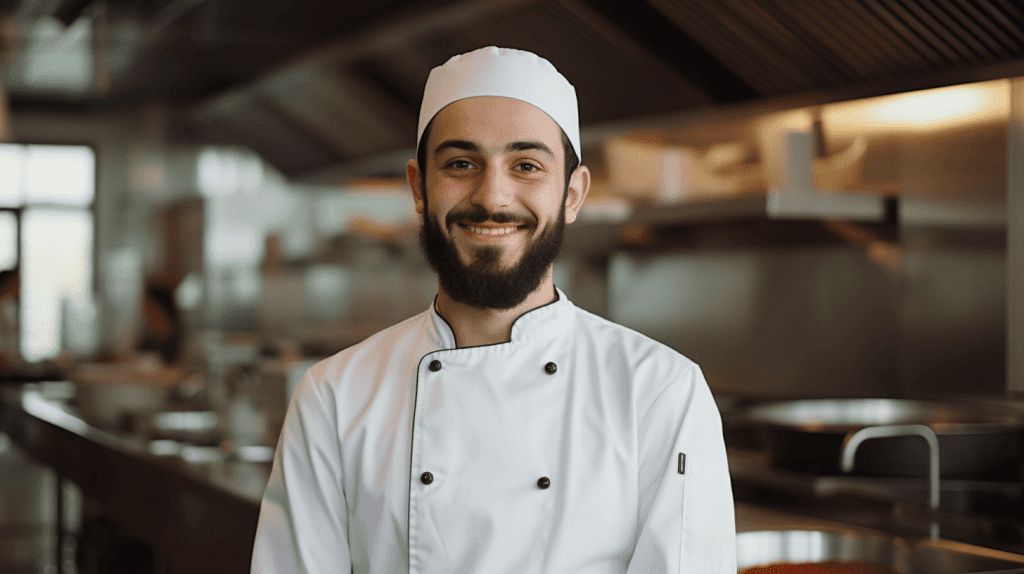Exploring Different Types of Chefs and Their Roles in the Kitchen
If you ever questioned yourself about different types of Chefs, then there is a lot to say. The beauty of the culinary world is not merely the delectable dishes adorning our plates. Behind the scenes, an army of culinary professionals, each with a specialized skill set, orchestrates a uniquely harmonious symphony of flavors.
It’s high time we recognized these maestros – the chefs – whose proficiency, passion, and finesse bring magic to our meals.
In this guide, we’ll uncover the different types of chefs, their roles, and the path they shuffle to excel in the gastronomic realm.
Line Cooks
Line cooks, also known as chefs de partie, are the backbone of any kitchen. They are the foot soldiers, standing tall at their stations, ensuring every order is executed perfectly. Each chef de partie oversees a separate area or “station”, and their responsibilities are precise to that area. You will find a line cook for grilling, sautéing, pastry, breakfast, and so forth.
To excel as a line cook, one needs to display an intricate understanding of food and robust culinary skills. Many line cooks commence their journey through cooking schools or culinary arts degrees, but others also find their way after years of hands-on experience.
Sous Chefs
A sous chef is the lead assistant to the executive chef. Often unnoticed, they are the substantial pillars supporting the executive chef in managing the kitchen. Their responsibilities vary, ranging from training kitchen staff to ensuring food quality and handling inventory. In essence, they provide a solid backbone to the entire kitchen operation.
Many sous chefs find their footing after years of working as line cooks, gaining invaluable industry experience. Their dedication, along with their skills in coordinating kitchen activities, guarantees a seamless dining experience.
Pastry Chefs
Now, let’s talk about the artists of the mouth-watering desserts that we can never resist – the pastry chefs. The words ‘pastry chef’ bring forth images of fresh-baked bread, beautifully crafted cakes, and scrumptious pastries. Developing moist, flaky pastries requires skill, artistry, and a deep understanding of ingredients: traits that pastry chefs masterfully possess.
Education is paramount for a pastry chef, be it through a traditional culinary school or a pastry chef course online. Their academic journey often involves mastering techniques like tempering chocolate, working with sugar, and developing delicate flavors.
Executive Chefs
The maestros commanding the entire kitchen army, executive chefs are no less than culinary geniuses. They are responsible for an expansive list of jobs: orchestrating the kitchen staff, developing menus, maintaining quality, and overseeing inventory management.
Achieving the esteemed executive chef position often requires years of experience, culinary knowledge, and a thorough understanding of business operations. This is where specialized culinary programs and real-world experience come into play, shaping an aspiring chef into a seasoned culinary leader.
Other Types of Chefs
The culinary world is enriched with an array of chefs, specializing in different aspects of a kitchen operation:
- Chef de Cuisine: Manages the culinary team and is generally responsible for menu creation.
- Tournant: A versatile chef, proficient in many kitchen stations.
- Saucier: Responsible for creating sauces and sautéed items.
- Grillardin: Specializes in grilled dishes.
- Garde Manger: Oversees the creation of cold food preparations.
- Pâtissier: Crafts chocolates, petit fours, and other desserts.
- Poissonnier: Prepares seafood dishes.
- Rotisseur: Handles roasting and braising meats.
- Entremetier: Prepares vegetable dishes, soups, and starches.
- Boulanger: Bakes bread.
- Commis: cuts vegetables, meat and prepares for line cooks.
Celebrating the Contributions of Chefs in Harmonious Dining Experiences
Exploring the diverse culinary landscape, one realizes the passion, commitment, and expertise each chef brings to the table. Their unique skills and contributions make our gastronomical journey enriching. While each chef holds their significance, the foundation for any culinary professional lies in rigorous training and continuous learning.
For aspiring chefs, there are avenues aplenty to hone their skills – from pastry chef classes to private chef cooking classes. There are even online cooking classes with famous chefs, or free online cooking classes for those just dipping their toes in this vast culinary ocean.
So here’s to culinary mastery, to the tireless chefs who fuel it, and to you, the ones eager to join this flavorful journey!







